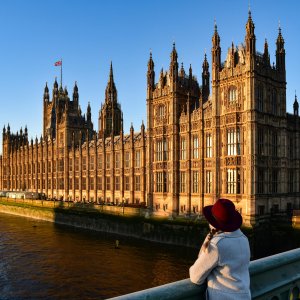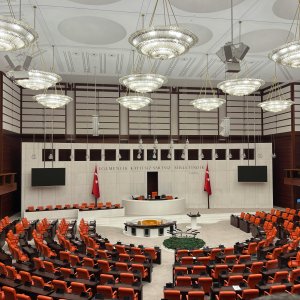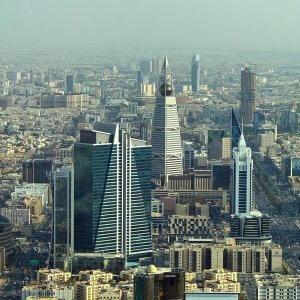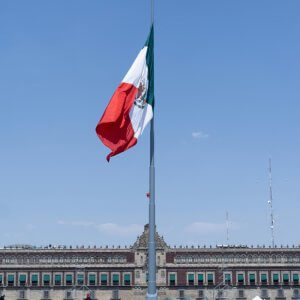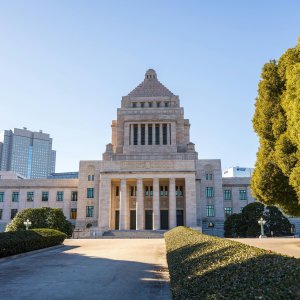America’s growing disregard for climate policy also undermines global efforts to address climate change. The United States is currently a politically divided country, with many of its citizens exhibiting hyperpartisan tendencies. But as rhetoric continues to widen the divide in citizen discourse, many Americans do not follow one political party or another with any fidelity....
Tag: 92
UK: The Politics of Climate Change
Britain has cut greenhouse-gas emissions substantially since 1990, driven largely by a switch away from coal and rapid growth in renewables. However, political choices, institutional capacity, and media debates now shape whether the country stays on track to meet its legally binding carbon budgets and its 2050 Net Zero target. Political leadership: who sets the direction?...
Turkey: The Politics of Climate Change
A potential turning point came on July 9, 2025, when Türkiye adopted its first Climate Law. President Recep Tayyip Erdoğan and the ruling Justice and Development Party (AKP) have long balanced climate pledges against fossil-fuel realities. On the one hand, Türkiye has committed to the Paris Agreement and set a net-zero target for 2053; on...
Spain: The Politics of Climate Change
Spanish public opinion is strongly in favor of climate action, though it is concerned about paying the bill for climate change measures through inflation and taxes. Political forces affecting Spain’s greenhouse gas emissions nowadays are led by a coalition that includes the Spanish Socialist Workers’ Party (PSOE) together with the progressive left-wing platform Sumar. The government...
South Africa: The Politics of Climate Change
In South Africa, climate change is a politically isolating issue. South Africa‘s African National Congress (ANC) is quite committed to climate action. However, implementation of this goal has been criticized because of South Africa’s total dependence on coal. Reliance on coal reflects the need for the government to balance economic interests with environmental goals, which,...
Saudi Arabia: The Politics of Climate Change
Although the Saudi Green Initiative already targets 50% renewable electricity generation by 2030, prioritizing large-scale solar projects in the central and western regions, where sunlight intensity is highest, could both displace oil-based power generation and enable the export of low-carbon electricity to neighboring countries. Saudi Arabia’s policy on climate change is primarily set by the...
Nigeria: The Politics of Climate Change
Nigeria is trying to use the wealth of the old economy to build the new one, all while managing a cost-of-living crisis. For them, climate policy is ultimately about national stability and economic security. Every evening, across the sprawling city of Lagos, a familiar sound kicks in: the sputtering roar of thousands of diesel generators....
Mexico: The Politics of Climate Change
Overall, public support for climate policies exists but must be balanced with social equity considerations. Mexico, as one of the largest economies in Latin America, faces significant challenges in managing its greenhouse gas (GHG) emissions. Political forces play a central role in determining how effectively the country addresses climate change. These forces include political leadership,...
Japan: The Politics of Climate Change
Political forces, leadership, technical capacity, media narratives, and popular opinion are deeply intertwined in shaping the nation’s climate trajectory Japan, the world’s third-largest economy and one of its top greenhouse gas (GHG) emitters, has pledged ambitious climate targets: a 46% cut in emissions by 2030 (from 2013 levels) and net-zero by 2050. Yet achieving these...
Indonesia: The Politics of Climate Change
Four political forces —leadership, technical capacity, media, and popular opinion — characterize the politics of climate change in Indonesia. Indonesia sits at the center of the global climate challenge. The country pledges to reach net zero by 2060, restore 3.3 million hectares of mangroves, and tap its vast 3,600 gigawatts of renewable potential. Yet it...



